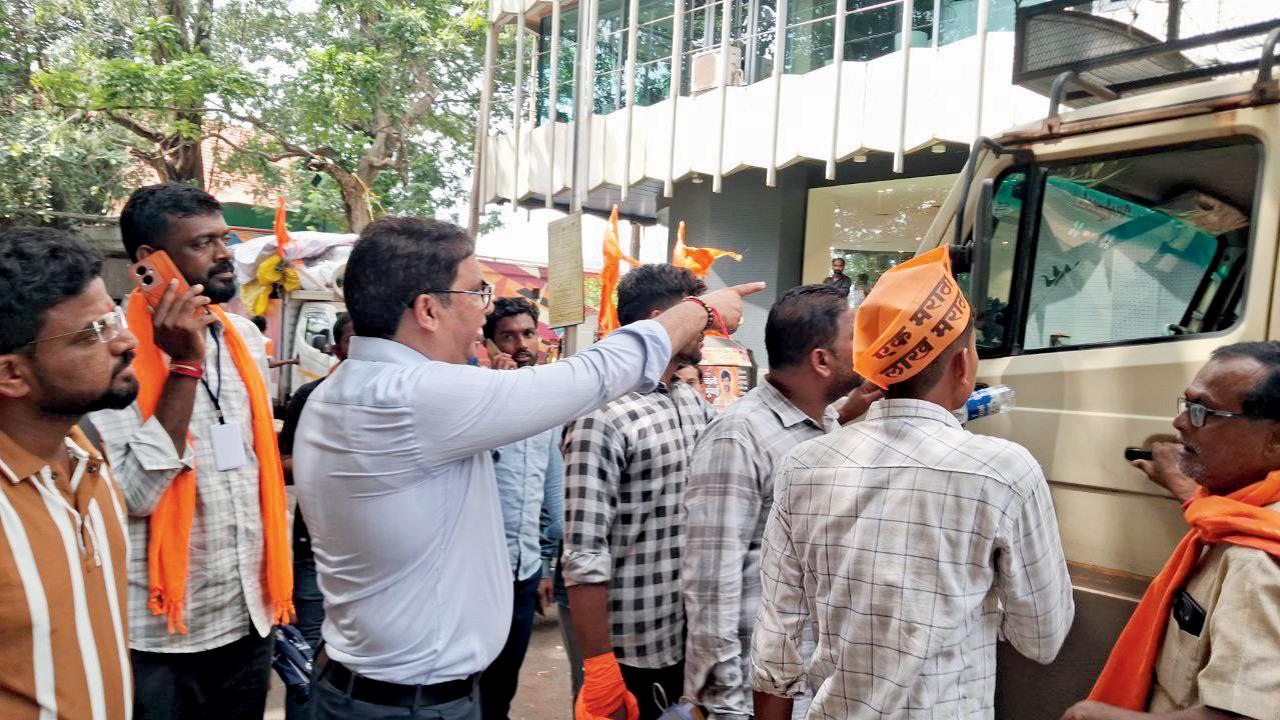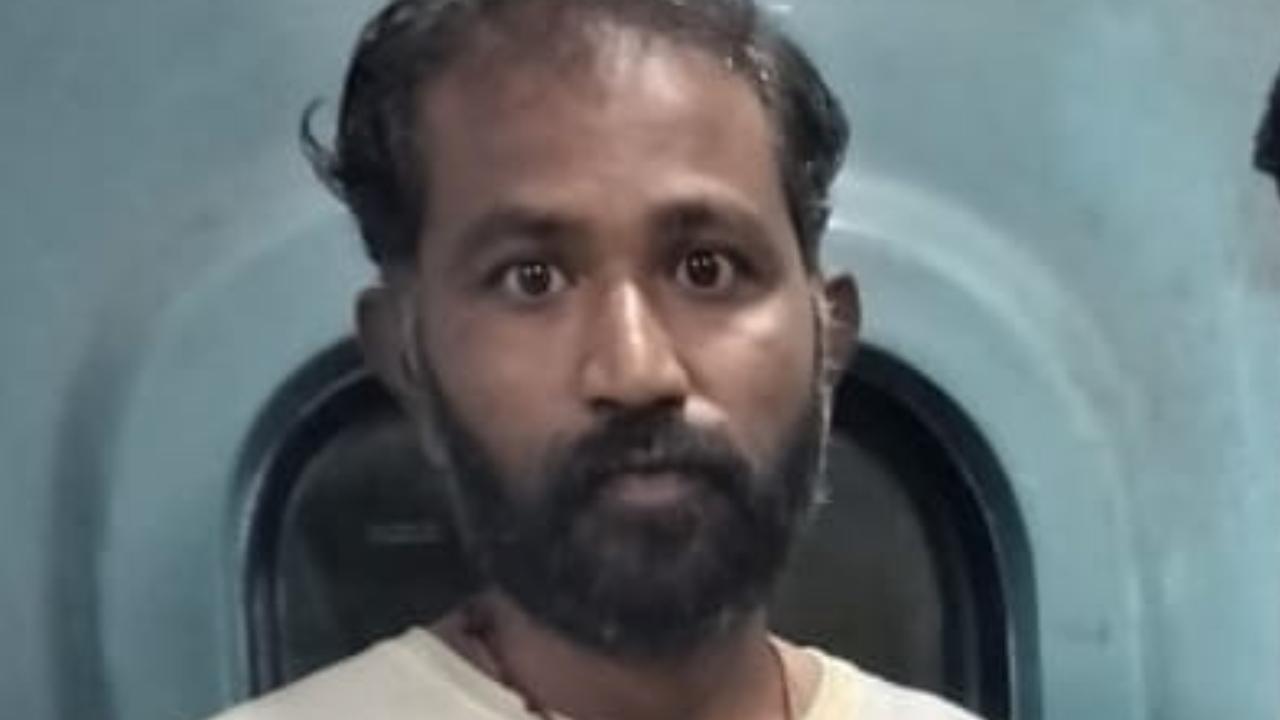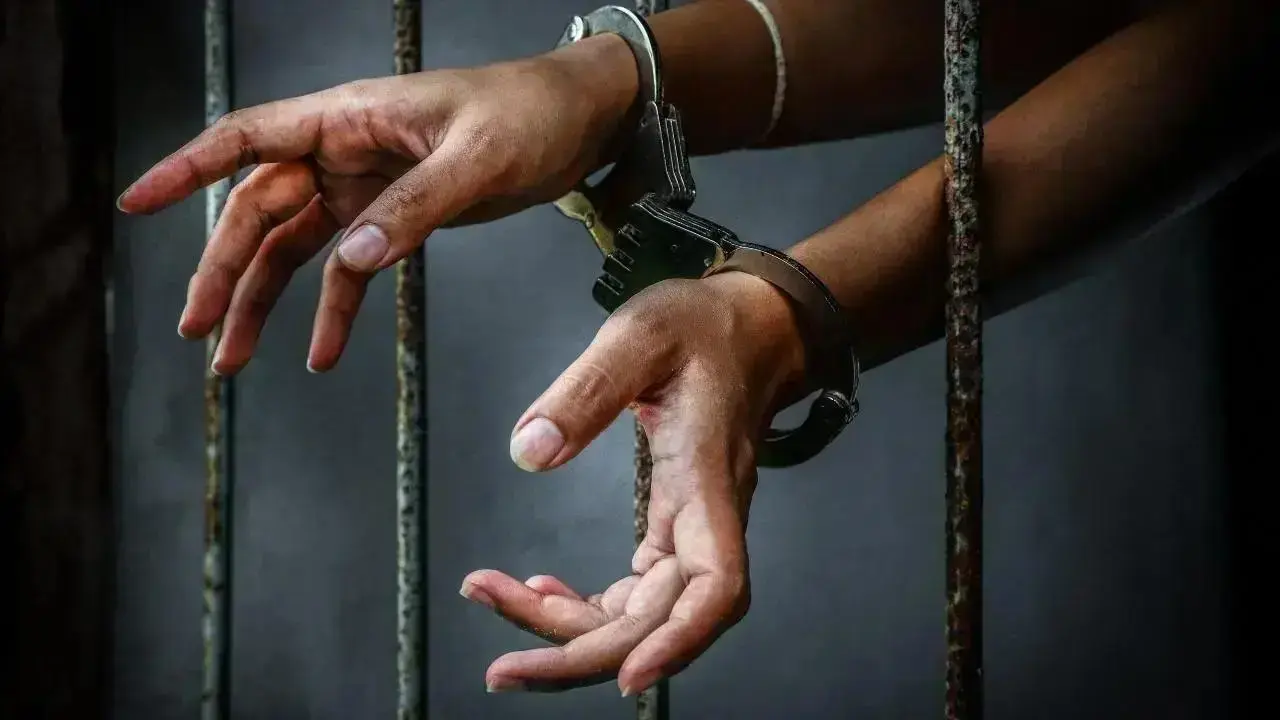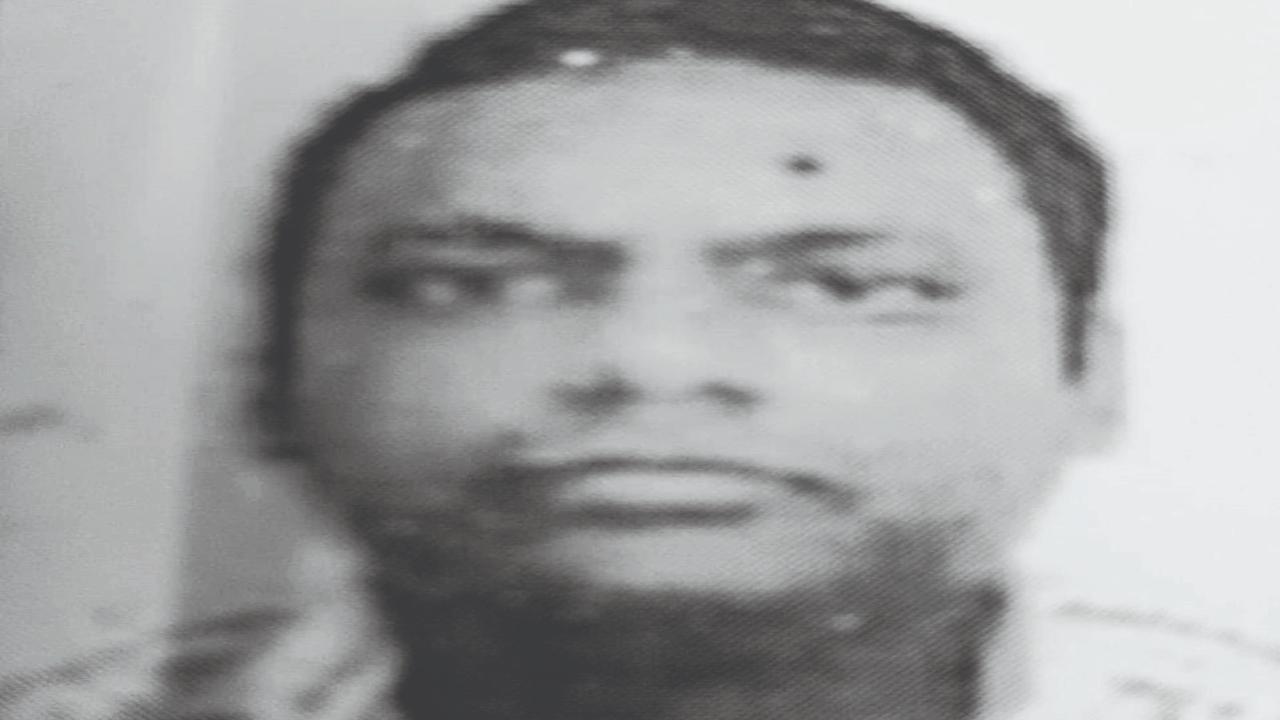The bustling streets of Mumbai, which had been choked with protesters for over four days, were cleared within minutes of the Bombay High Court directive. The court, while hearing multiple petitions against the disruption caused by the ongoing Maratha reservation protests, set a sharp deadline of 3 pm on Tuesday for the agitators to vacate the city’s arterial roads and restore normalcy.
The bench, led by Acting Chief Justice Chandrashekhar and Justice Arti Sathe, expressed concern over the hardships faced by lakhs of citizens, particularly office-goers, students, and emergency service providers.
“The right to protest cannot override the fundamental rights of other citizens. The daily life of Mumbaikars cannot be brought to a standstill,” the court observed, warning authorities of strict action if compliance was not ensured. As the ruling was relayed, a visible change unfolded across key protest hubs, including CSMT, Azad Maidan, JJ Flyover, and the Eastern Express Highway. Groups of demonstrators, many of whom had camped overnight, began dispersing. Within an hour, traffic police confirmed that major arterial routes were “progressively opening up.”
The dispersal gathered momentum only after Jarange announced adherence to the court’s orders. This brought much-needed relief to commuters who had been grappling with long traffic jams, halted public transport, and restricted access to workplaces and schools. “On Monday, it took me four hours to reach home from CSMT to Thane. On Tuesday, I thought it would be the same, but suddenly the roads started clearing. It was almost unbelievable,” said Anushka Trivedi, a private firm employee.











